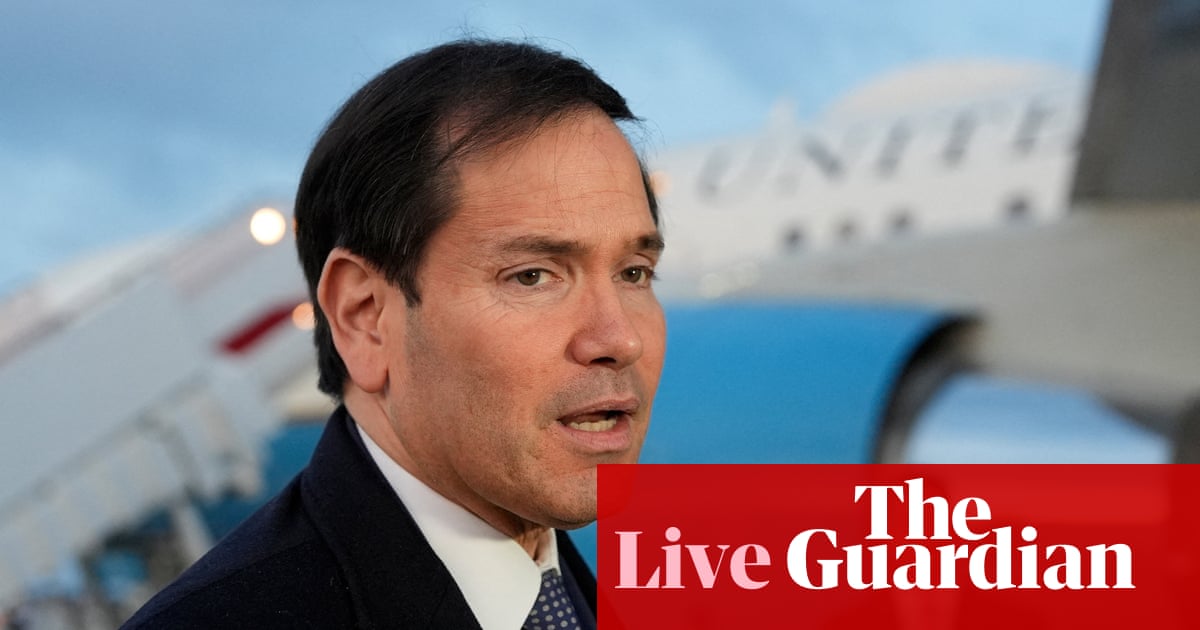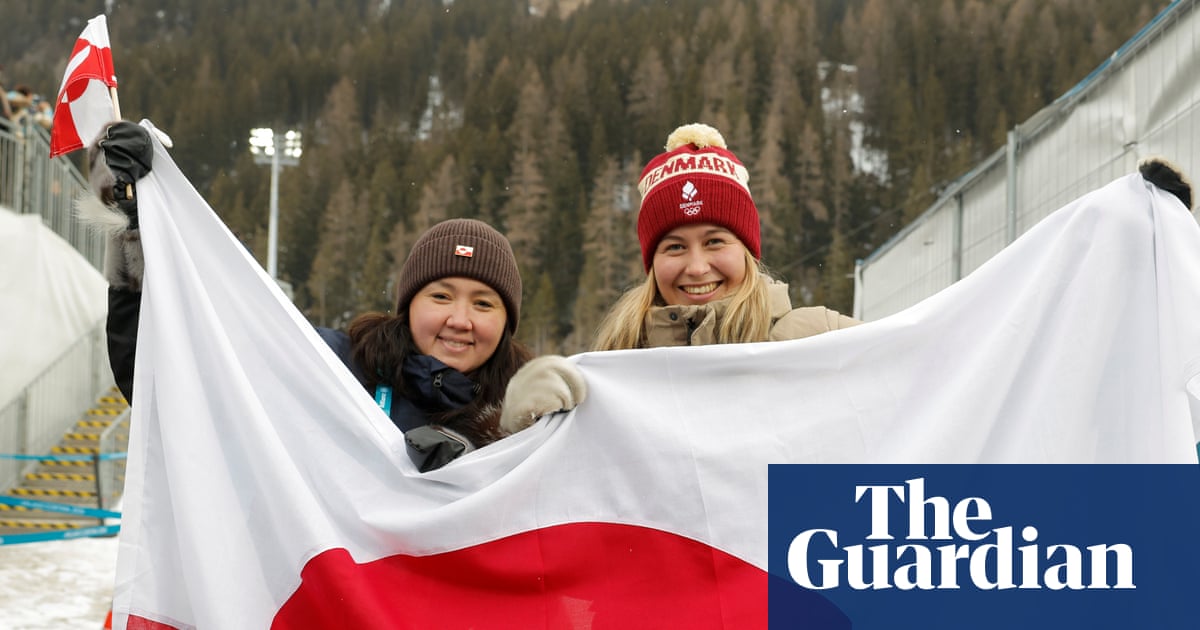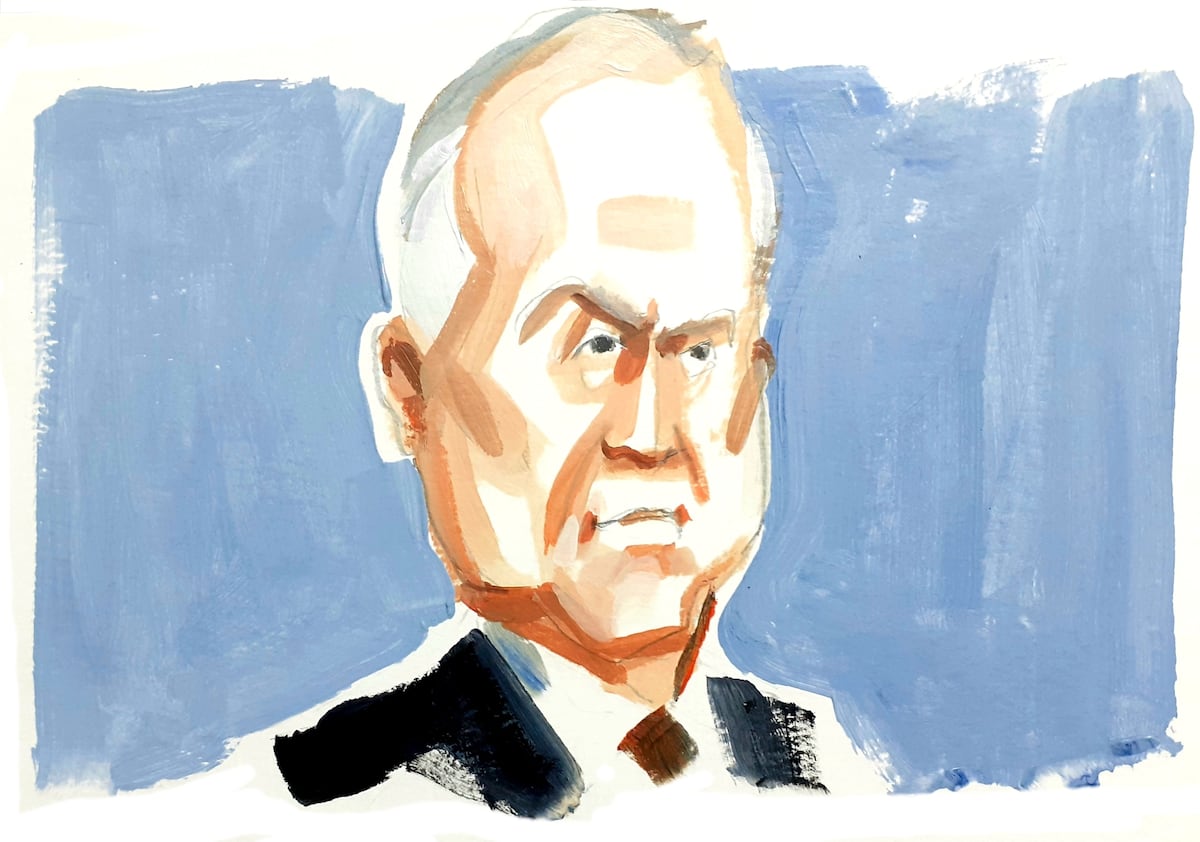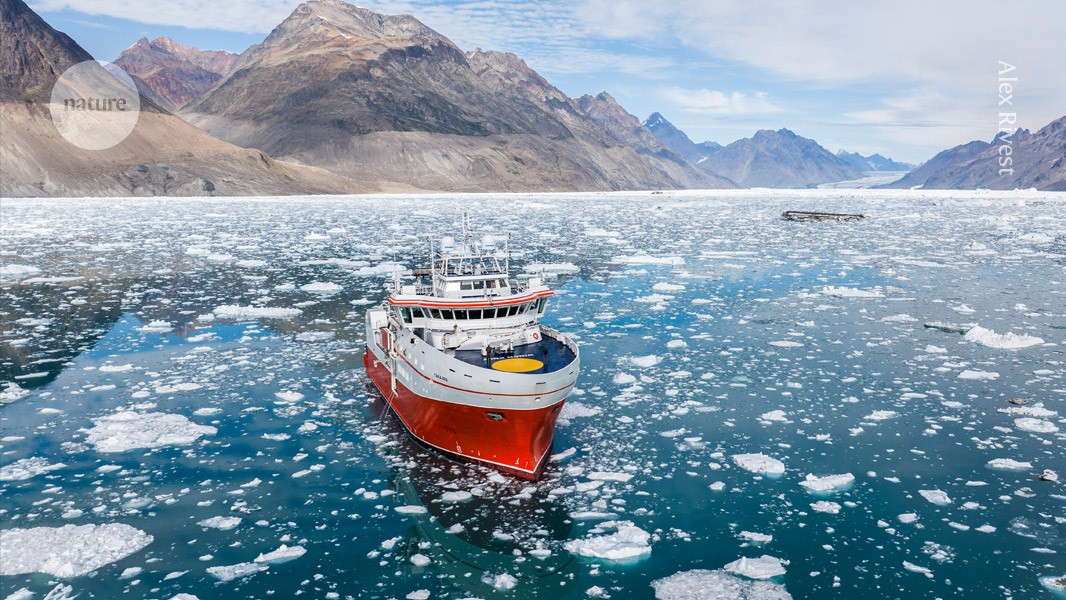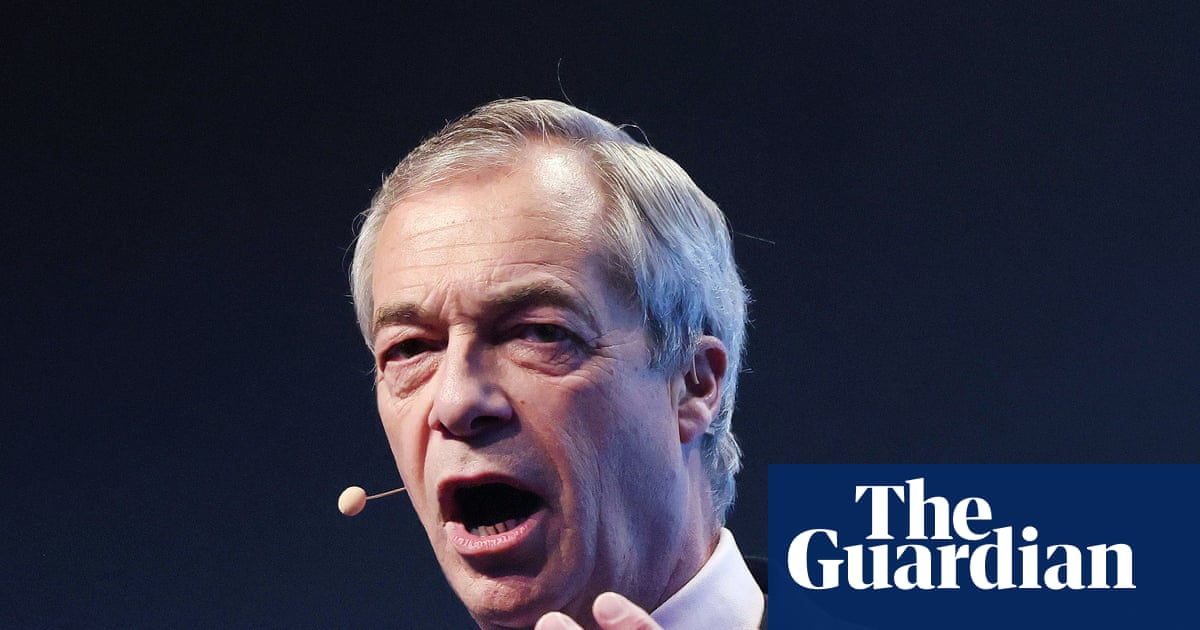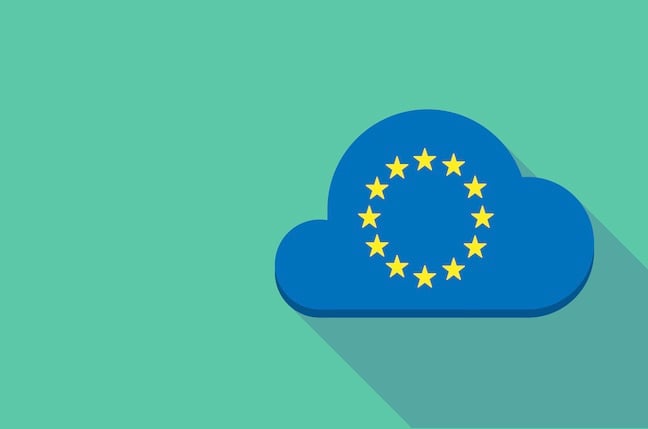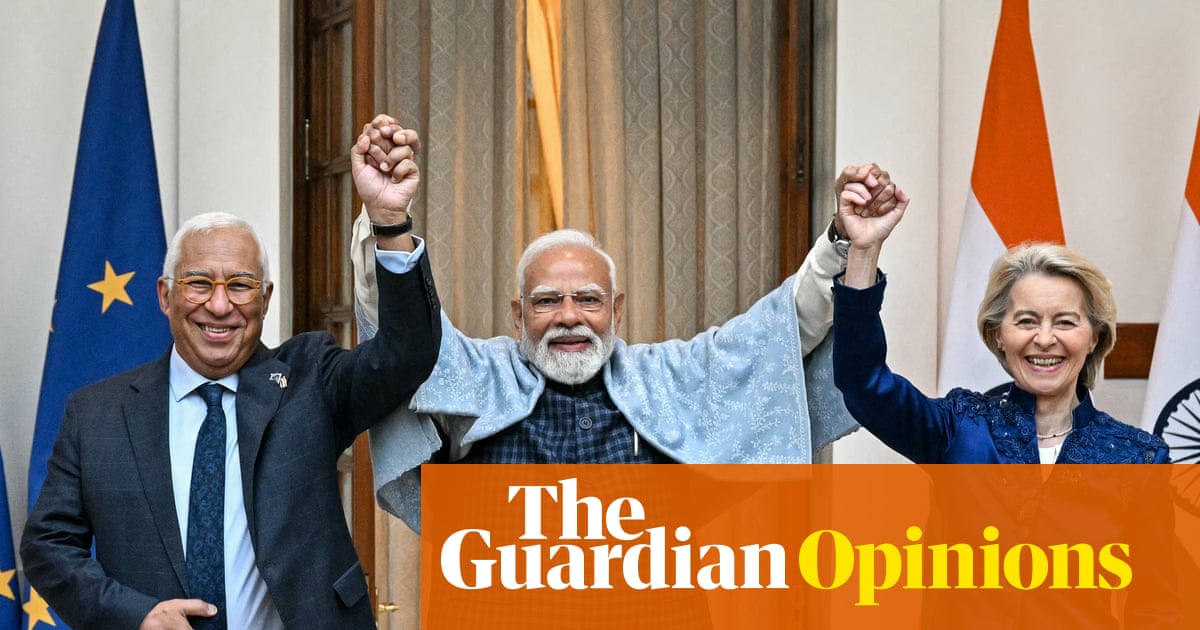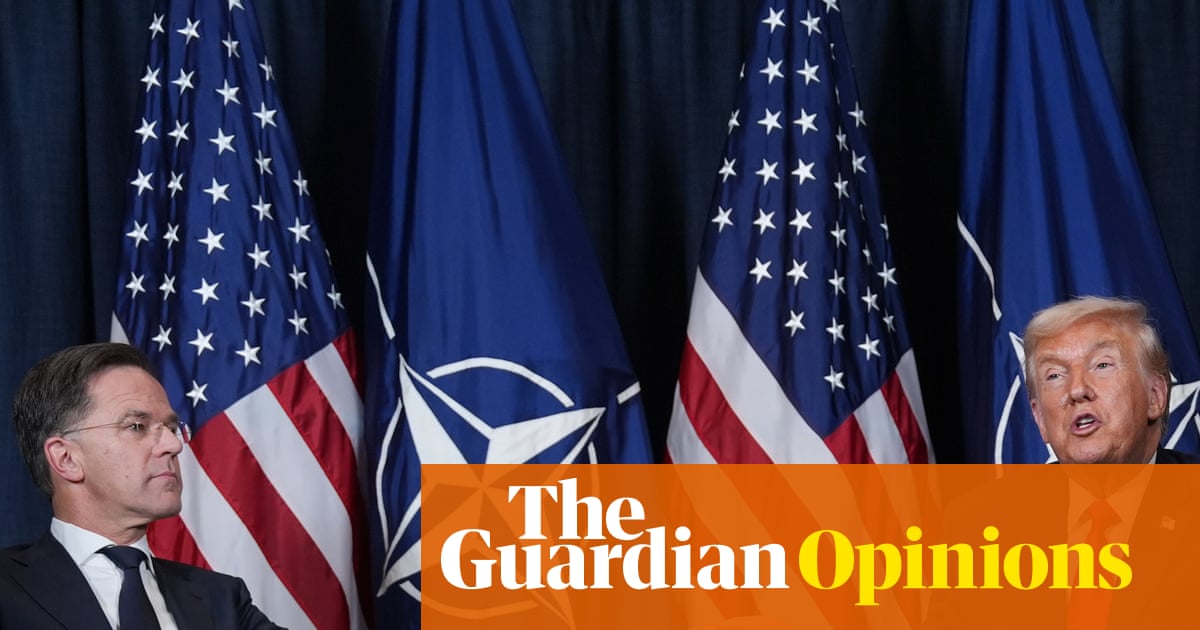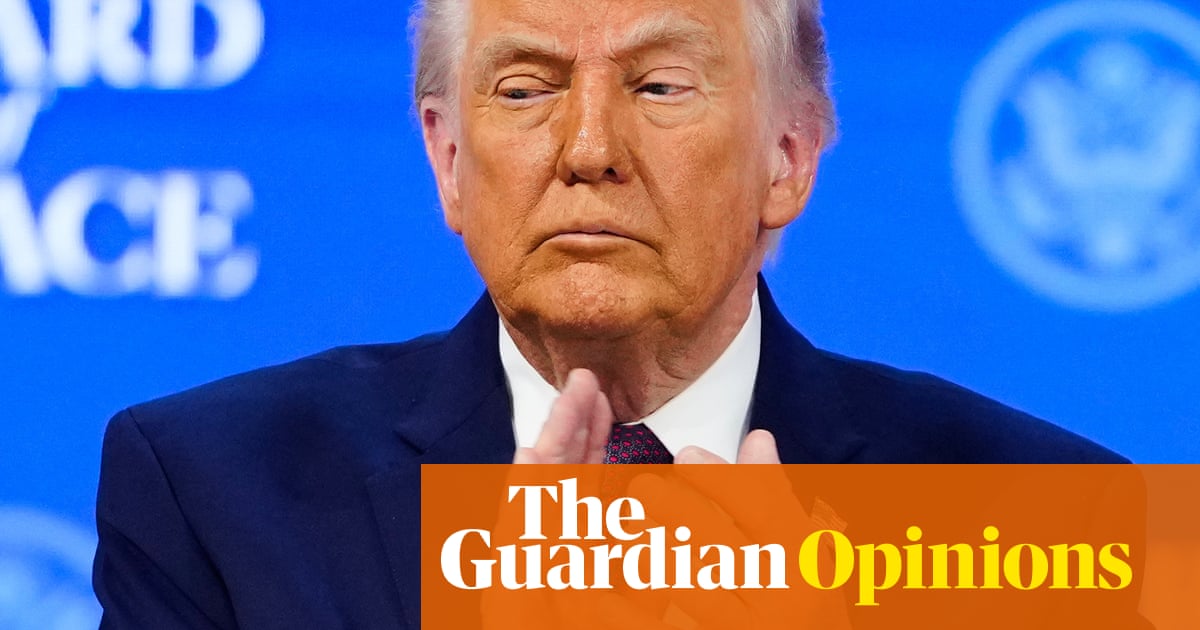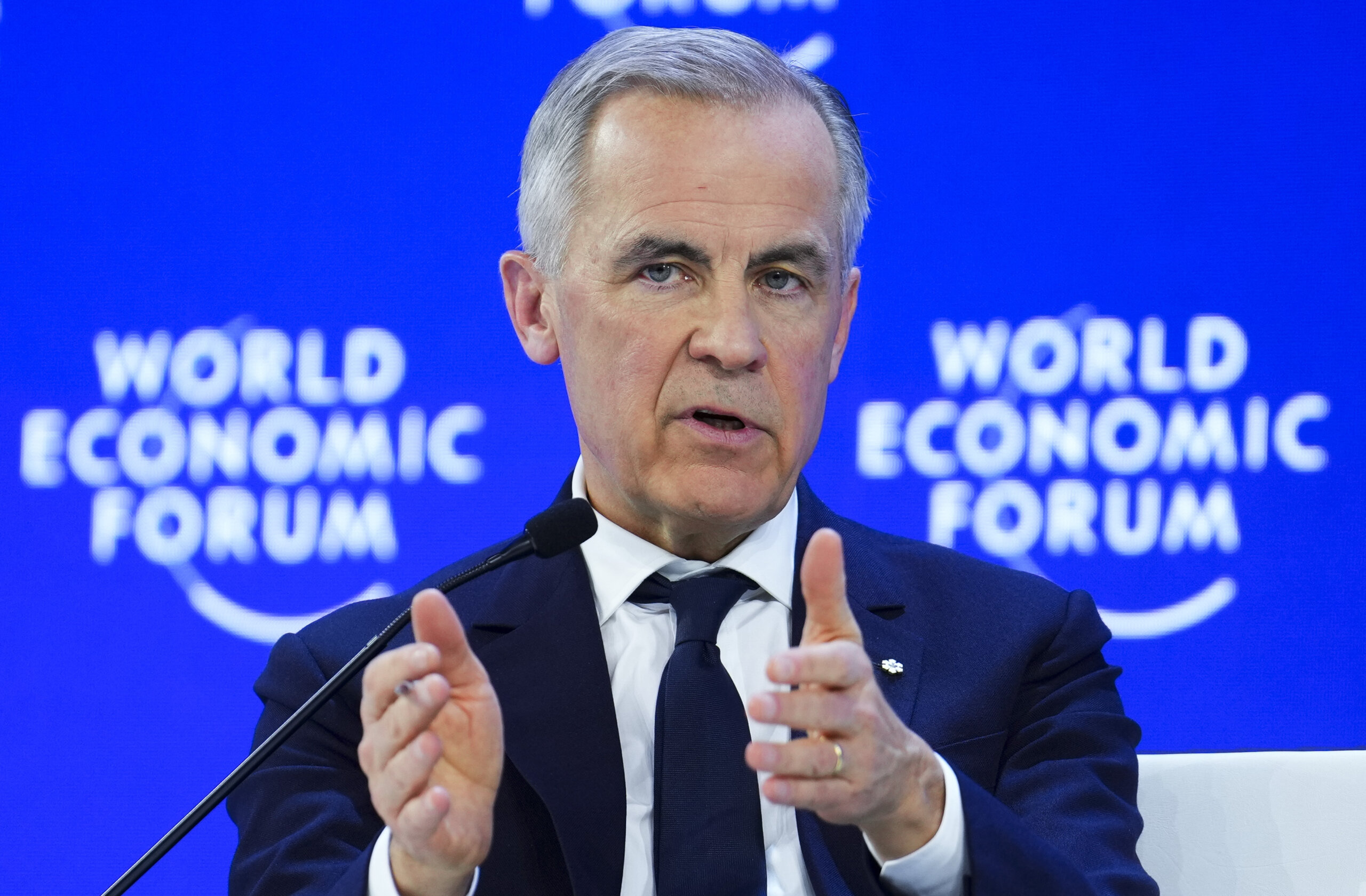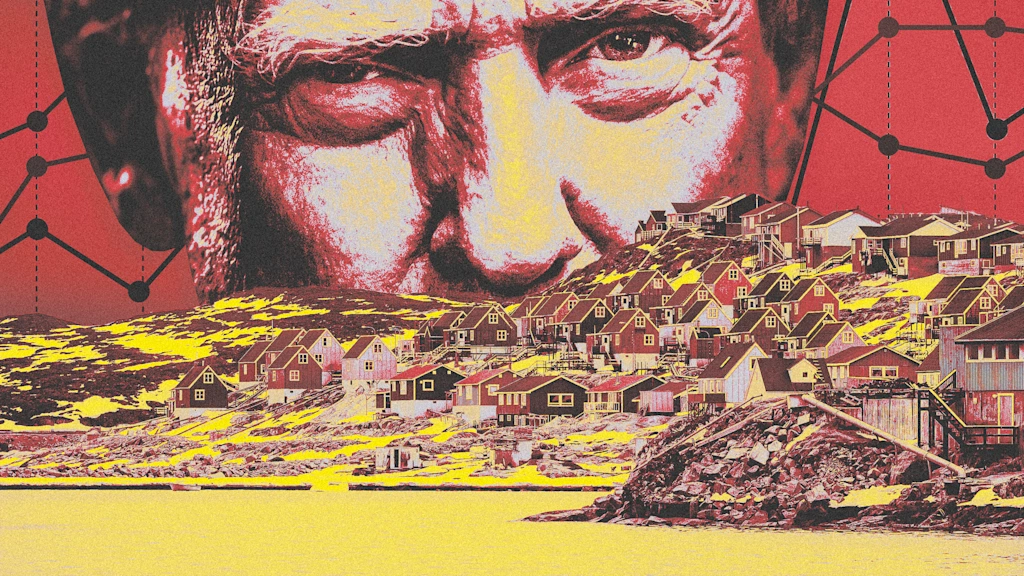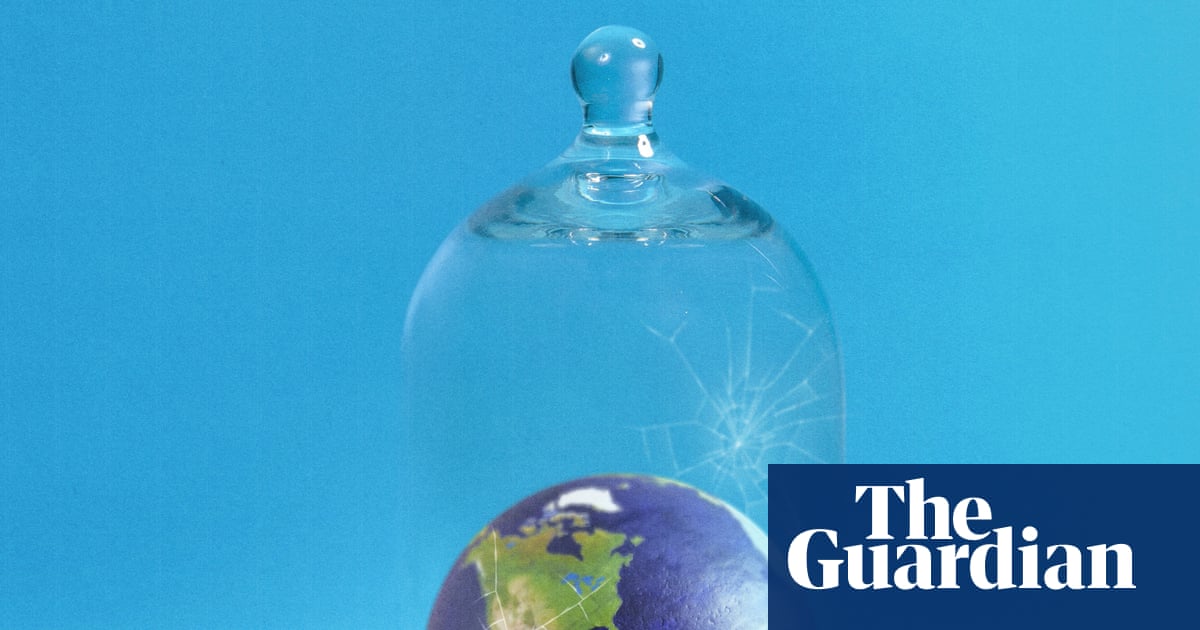fromLondon Business News | Londonlovesbusiness.com
1 month agoGold holds near record highs - London Business News | Londonlovesbusiness.com
Gold extended its advance on Tuesday, trading close to record levels after hitting an all-time high in the previous session. The move reflects strong safe-haven demand amid escalating trade frictions and persistent geopolitical uncertainty. On Monday, Donald Trump threatened to raise tariffs on goods from South Korea. The renewed tariff rhetoric has added to concerns over global growth and reinforced demand for safe-haven assets such as gold.
